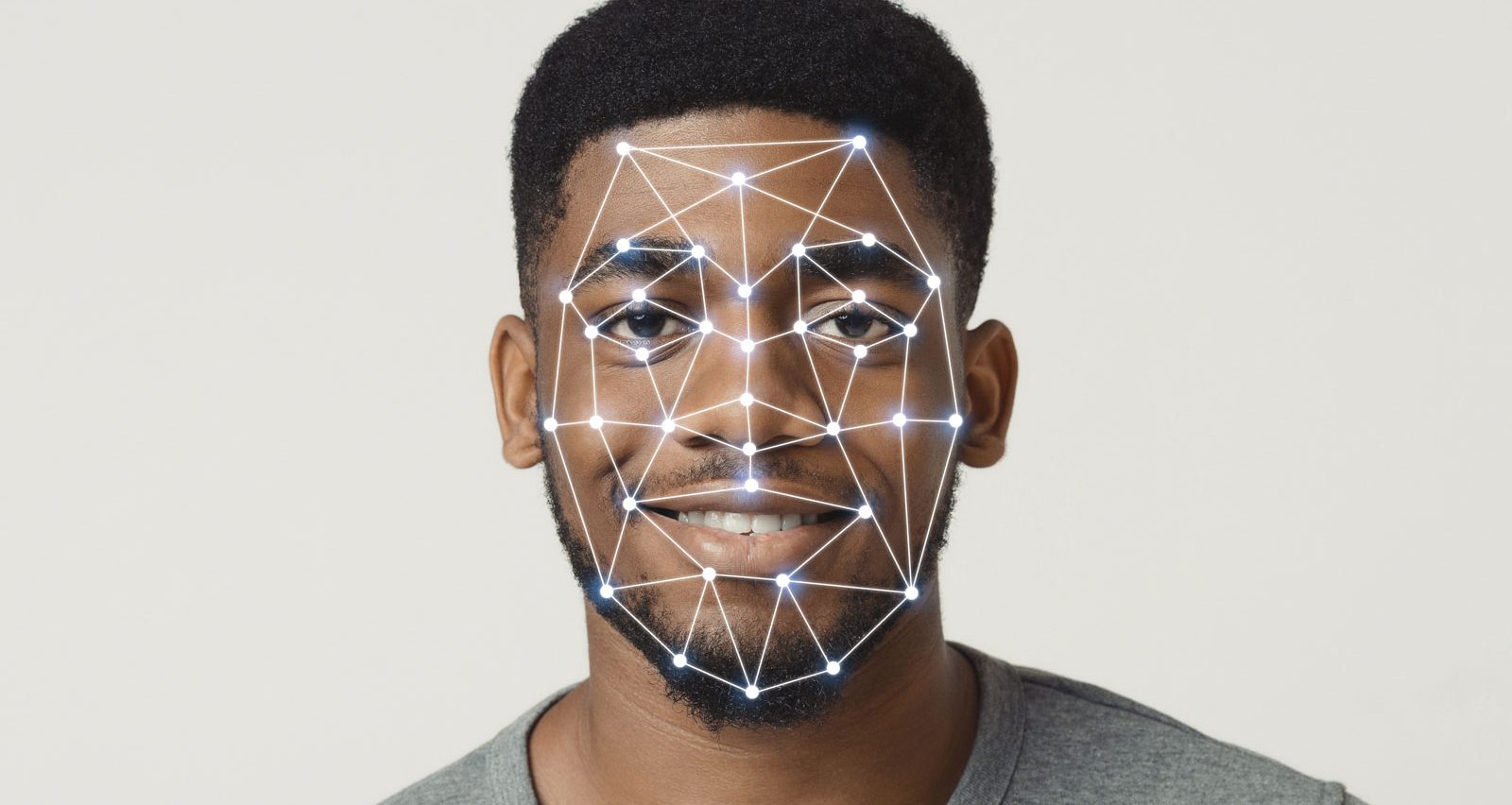Facial biometric systems are becoming increasingly popular because of the ease with which distinctive facial traits can be used. The face identity verification technology is vastly different from typical approaches, offering a smooth and secure verification process. However, several industries have effectively implemented facial biometrics technologies to improve security and streamline processes. The incorporation of facial biometric technologies has the potential to accelerate procedures in various sectors.
Public Safety Measures
This method is being utilized to implement smart city improvements and public safety. Even this technology may quickly identify a person in public, assisting law enforcement in protecting and addressing crime issues. Furthermore, these systems have the authority to verify large crowds, investigate suspicious actions, and mitigate any security issues. This technique will boost smart cities’ security while maintaining harmony.
- Access Control
In addition, smart cities can use facial biometric identification systems to limit access to various settings. For example, office buildings and residential areas can utilize facial biometric systems to grant allowed access. Additionally, users can avoid the inconvenience of using real keys or cards.
- Transportation
The usage of face biometric technology is transforming traffic management and transportation in smart cities. The incorporation of such systems in public transportation allows relevant departments to monitor passenger flow and improve safety. Furthermore, this technology can provide toll payment options in addition to parking access, which is advantageous for reducing obstruction and improving traffic flow.
- Smooth Transactions
Because of its ease of use in transactions and payment systems, facial biometric verification technology is quickly gaining popularity. Furthermore, ordinary people can use facial recognition to confirm their identities for purposes such as banking, shopping, and other financial transactions. This strategy has eliminated the need for actual currency or cards, reduced fraud threats, and improved transaction security.
- Healthcare Systems
Facial biometrics are transforming the healthcare systems in smart cities. Some hospitals and clinics have begun to implement this technology for accurate patient identification and access management. It also ensures that the right patient gets the right treatment by verifying the identity using AI facial recognition technology. It has also streamlined patient check-ins, reduced wait times, and improved overall service efficiency.
- Hospitality
Tourism and hospitality industries in smart cities gain significantly from the use of facial biometric technologies. Some hotels and attractions use biometric facial recognition technology to improve the guest experience, including personalized services and smooth check-ins. This technology also enhances the security system, ensuring that only registered guests have access to the hotel. Adopting facial biometrics also benefits the tourism industry, making it safer and more pleasurable.
Facial Biometrics In Identity Verification
Face recognition is a crucial credential for maintaining security. Here are some points that will discuss how facial biometrics contribute to better identity verification:
- Face recognition technology can verify identities efficiently because it uses several unique facial features that vary in each individual and can not be manipulated.
- This method is user-friendly and non-invasive, alongside eliminates the need for carrying physical tokens to get access.
- It offers real-time authentication whether to unlock the device, access secure locations, or proceeding transactions.
- Frauds like identity spoofing and impersonation are prevented by facial biometrics.
Ethical Concerns
Facial biometrics raise privacy and social issues when incorporated in numerous sectors. These systems require strong data protection estimates to ensure that residents’ personal information is secure. These processes follow transparency and clear regulations, which is critical for resolving complaints. By maintaining the balance between privacy concerns and technological advancement, various industries can minimize the risks of this type of authentication.
Future Of The Technology
The usage of facial biometric systems has become an essential component in improving the present and future in industries. This technology offers applications that focus on security, access control, transit, healthcare, and tourism in order to improve user experience. The ongoing evolution of fraud in various sectors underlines the growing adoption of this technology for security and creating a safe and secure environment. This technology addresses all privacy concerns while ensuring ethical use to maintain trust and protect personal information.
Conclusion
The sophistication of technology is transforming smart cities by improving security. In almost all industries like healthcare, transportation, hospitality, and others, facial biometrics plays a crucial role in offering convenience and efficiency. By overcoming ethical concerns and privacy issues, facial biometrics will likely grow more introduce new features, and contribute to preventing data breaches and mitigating prevalent fraud.

